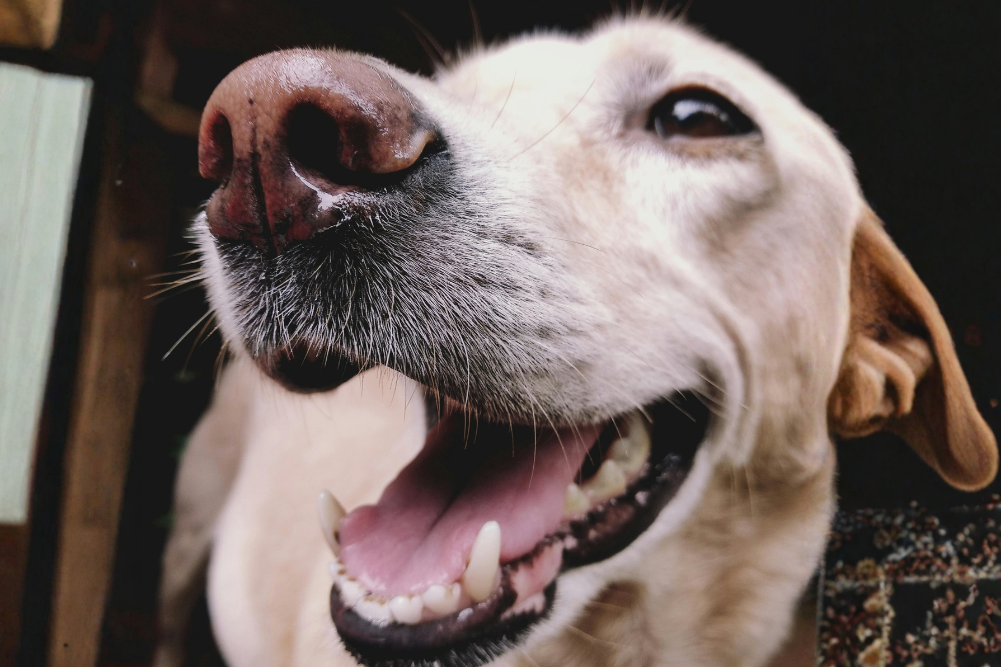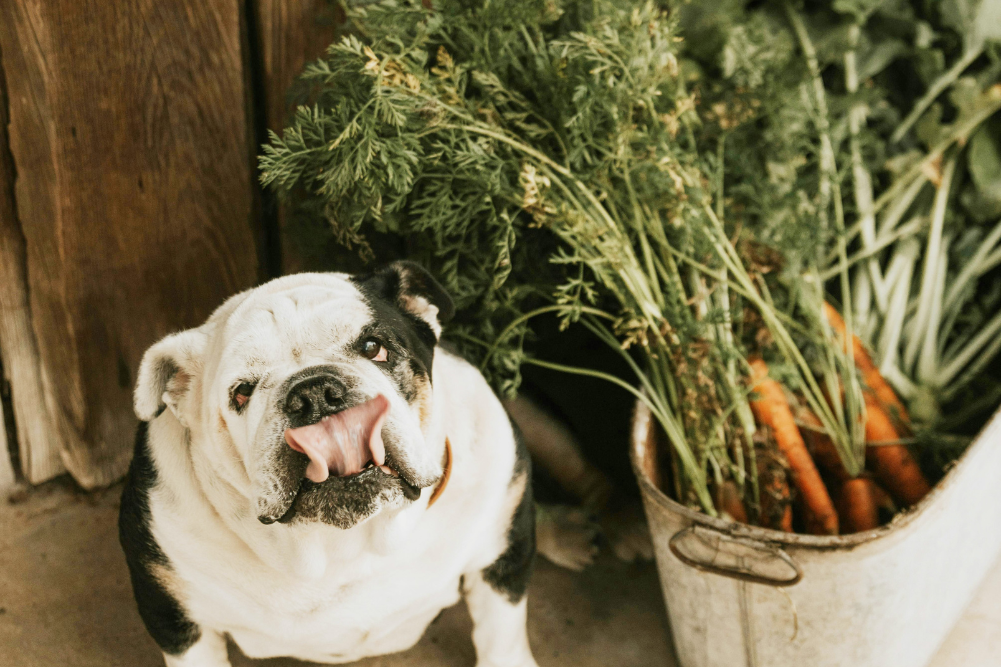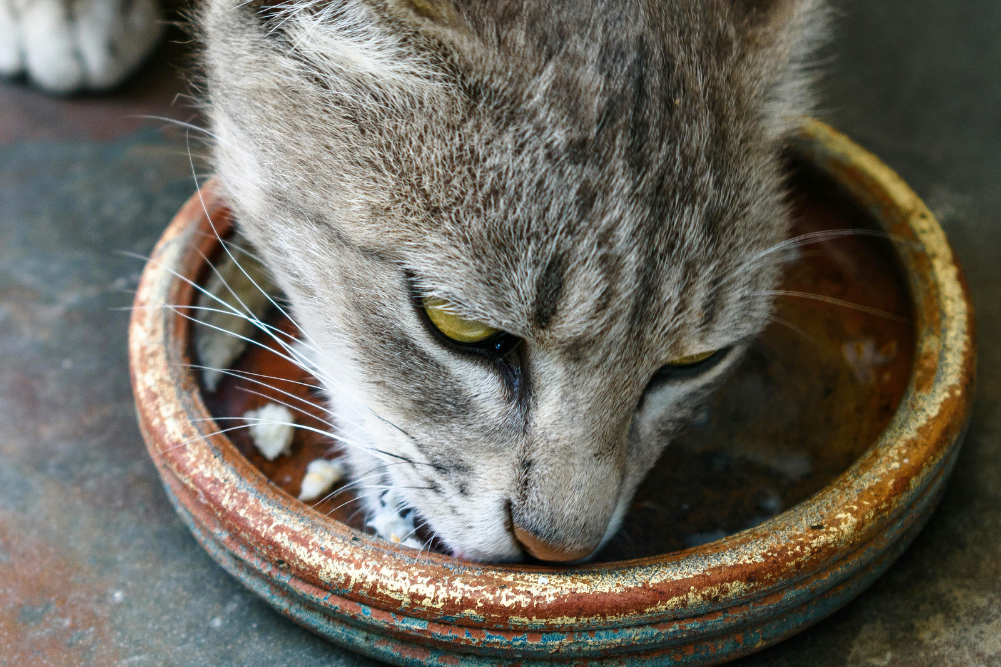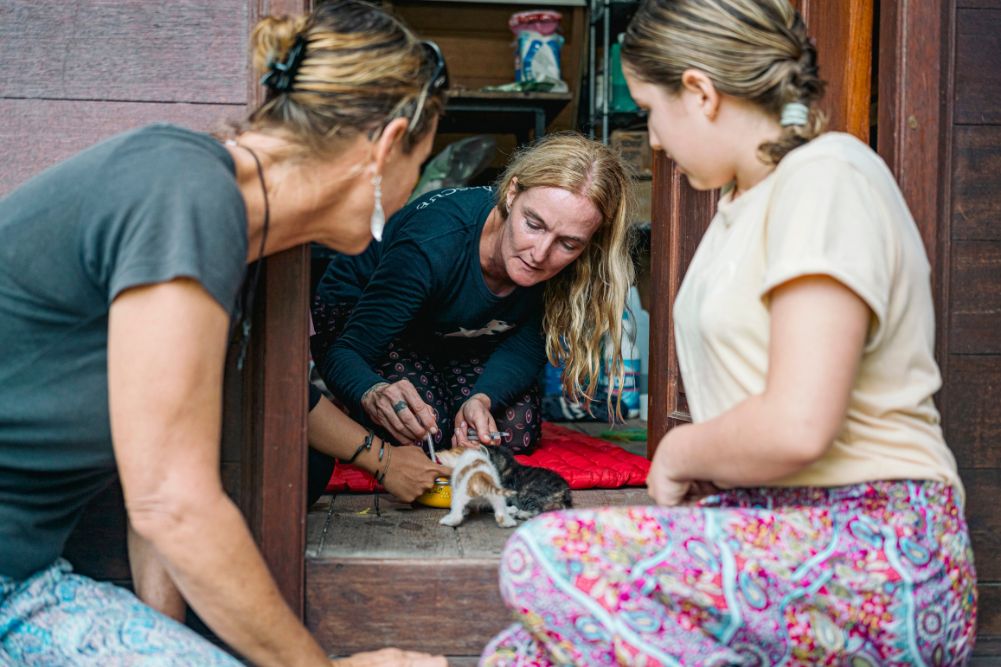How to care for older pets to maintain their quality of life
Veterinary practice has changed since I graduated in 1987. With medical technology becoming more accessible — eg radiation therapy for cancer palliation, acupuncture and hydrotherapy now widely available to improve mobility — vets now have a bottomless toolbox for older or debilitated pets.
Palliative care is treatment of symptoms of a condition rather than treatment of the underlying condition itself. So, for an older cat with renal disease, we can’t fix the kidneys but we can maintain quality of life by supporting hydration, appetite and reducing nausea.
Two important considerations for pets with chronic disease are setting achievable goals for care and the ethics of the decision to continue treatment. Our pets have no say in this decision. Owners almost always say their goal is to maintain the best quality of life achievable. Palliative home care takes into consideration strategies to control pain, assist mobility, maintain bodyweight through good nutrition, maintain hydration, assist toileting and reduce stress, as well as family contact.
Quality of life seems an intangible concept and is different for every pet and family and in every situation. One useful tool is an excellent Quality of Life Scale put together by Dr Alice Villalobos. She came up with a scoring system for life quality called the HHHHHMM scale, which stands for Hurt/Hunger/Hydration/Hygiene/Happiness/Mobility/More good days than bad. Regular consideration of these by both carer and veterinarian can help ensure that the care at home is adequate and may also help with difficult end-of-life decisions.
Pain control often requires conventional medications. Holistically minded carers would prefer to avoid these because of potential side-effects. However, any pain must be controlled early on, not saved as a last resort. Holistic support can be used to help mitigate side effects: eg milk thistle as liver support when paracetamol is used or Cordyceps and hydration support when NSAIDs (non-steroidal anti-inflammatory drugs) are used.
Herbs like boswellia and turmeric and traditional Chinese herbal formulae can be used to reduce musculoskeletal pain and, when combined with fish oil, glycosaminoglycans and rose hips, over time may be as effective as NSAIDs. These can be combined with acupuncture or acupressure, massage or chiropractic adjustments.
Body weight and body condition need to be maintained and regular weigh-ins at home (the shared scale method: weigh the two of you, then yourself, and subtract the difference) or at the local pet store or vet clinic can ensure that nutrition is adequate. The best diet is one that your pet will eat, made from the healthiest ingredients, providing calories and essential nutrients and supporting a healthy weight and gut. If your pet has specific health concerns, a veterinarian experienced in holistic nutrition can guide you. Sometimes, however, you have to feed whatever your dog or cat will eat: say, aromatic barbecued chook hot from the supermarket.
Older cats and dogs with reduced mobility may need help with eating and drinking. Raising bowls so they don’t have to bend their neck can help. Ensure easy and regular access to water bowls for older cats. Feed dogs by hand or in shallow bowls or saucers. For animals with poor appetite, warm food to room temperature and sprinkle with something aromatic eg: bonito flakes, grated cheese or liver treat crumbs. You may need to alter the consistency of food into softer slurries or offer broths.
Giving subcutaneous fluids at home is a technique that can easily be taught and is well tolerated by many dogs and cats. We use this to help older dogs and cats with chronic kidney disease and this is one palliative strategy that may help improve quality of life and also extend survival.
Older pets, or those with chronic debilitation, may face a variety of toileting challenges including urinary or faecal incontinence or constipation. Cats may have difficulty accessing high-rimmed litter trays or dogs may have trouble getting up and going outside and possibly downstairs to toilet.
Urinary incontinence is not uncommon, especially in desexed female dogs, and this may be compounded by other illnesses that increase the pressure on the bladder. There is a range of options including chiropractic adjustments, herbs and medications that can help. Using puppy training mats on the bed and taking dogs outside for a late toilet stop may reduce leaking. For dogs that do leak, clean between their hind legs with tea and use pawpaw ointment to prevent painful scald.
Constipation can be managed by adding water to food or using psyllium, chia seeds, pumpkin or faecal softeners under veterinary guidance. Monitor the frequency of your pet’s defecation to ensure they go regularly.
Older cats find it difficult to groom, especially their lower back. Daily brushing and a wipe over with a damp flannel not only makes them feel better but reduces the dead coat they ingest. Dogs will enjoy a daily brush as a gentle myofascial massage.
There are a variety of mobility aids available to support dogs. Checking some of the canine rehabilitation websites can give you inspiration. Dog trolleys can be made from recycled prams. Yoga mats make a cheap non-slip runner for polished floors. Towels slings can help dogs rise. Look on eBay or Gumtree for dog ramps no longer used.
You will need to regularly check in with your vet to ensure your pet’s needs are met and you are coping with their care. Your vet can also offer counselling regarding end-of-life decisions. Our pets are blessed. With help, many can spend their final days surrounded by family in their home, something most of us humans can only hope for.








